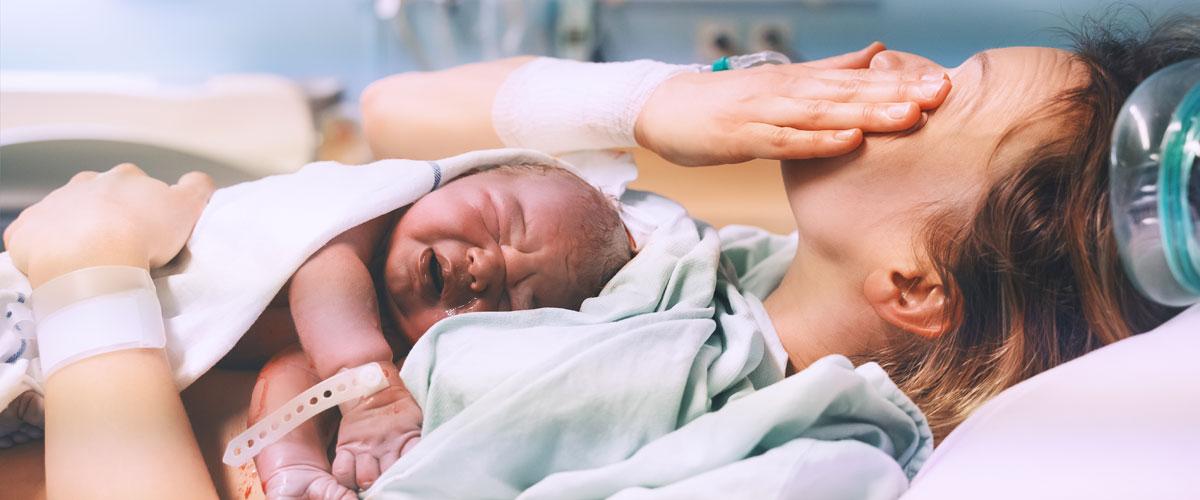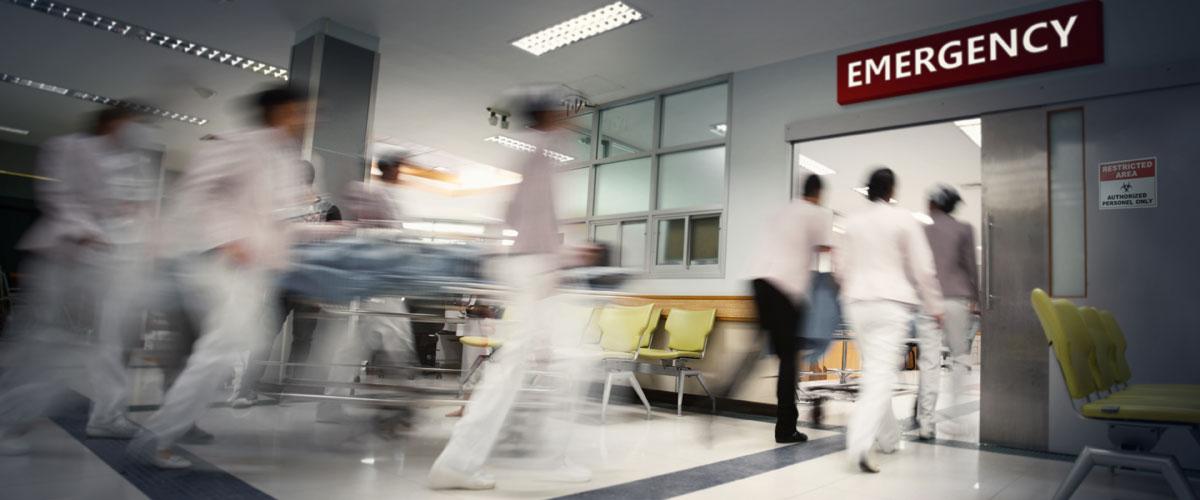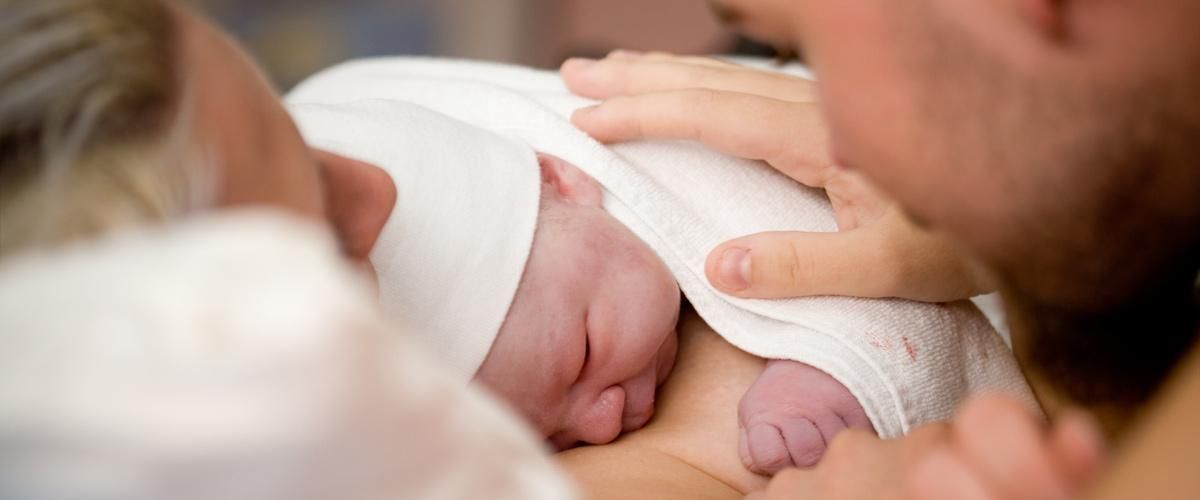Regardless of where you look, COVID-19 has slowed down nearly all economic and political processes. It has ruined programmes, halted dreams, broken hearts, created doubts, impaired security, and generated disappointments and grey moments. Most of all, sadly, it has reduced the loss of life to being mere numbers in tables, on squared sheets and as parameters for comparing nations. The histories of those who lost their lives have effectively been overshadowed.
However, the pandemic could not erase the hope to which many people hold tightly. On the contrary, it has redefined some dreams and fostered some semblance of joy. And, as some may be able to attest to, it has not been able to disrupt the determination of life to grow; reproduction and birthing plans continue!
Challenges to the push for life
Children continue to offer many of us the great gift of looking ahead with hope, smiles and enthusiasm, despite everything. However, something that we may take for granted at times—birthing life—still comes with risks while in a health facility’s care, and COVID-19 makes for even greater concerns. Three issues that stand out now are:
- Lack of health personnel – Unfortunately, many of the available staff have been assigned to handle intensive care where issues are numerous, frequent and urgent.
- COVID-19 infections – This is a threat across all aspects of care today. It is no different for pregnant women who are especially vulnerable to infections during childbirth, which could take hours. The UK’s National Health Service (NHS) ranks the threat of COVID-19 as moderate for the expecting. The longer the process takes, the wider the window for possible infection and the greater the anxiety. Those moments are also crucial to newborns, for whom an early struggle with a virus is not ideal.
- Birth complications – With everything, there are instances of things that go wrong during special moments. Sometimes a woman is unable to deliver naturally for various reasons and this makes C-sections necessary. However, issues like the previously mentioned, in addition to crowded operating theatres and long turnover times, could make it more difficult to carry out the time-sensitive procedure as planned.
How can we support pregnant women during COVID-19?
All is not lost. There are many things that can help to address some of the issues and fears that exist now. These include:
- Use of devices that reduce the possibility of a contagion, such as surgical masks, protective gowns, examination gloves, slippers and socks both during the hospitalisation of the woman and during childbirth
- Dedicated drapes for caesarean delivery and specialised custom surgical sets
- Equipment coverage to protect the woman’s skin and the operating table from excess fluids while preventing cross-contamination. This means shorter clean-up time between procedures.
How can Medline help in this situation?
Having a baby during a pandemic should not be taken lightly. Therefore, Medline sets out to guarantee the supply of products that are important to ensuring safe and available gynaecological and obstetrical services. We have developed OB/GYN-related solutions that prioritise the safety of women in special and difficult moments, while hospitalised.
Check out Medline’s solutions below for:
You can also read further on this topic with:


Laura Formichi
Marketing & Sales Coordinator and QA/RA Delegate, Medline Italy
Laura has a degree in molecular biology and has been working at Medline for over a decade in marketing and quality assurance and regulatory affairs. She resides in the Chianti hills in Florence (famous for wine and oil), loves reading and enjoys communing with nature!




